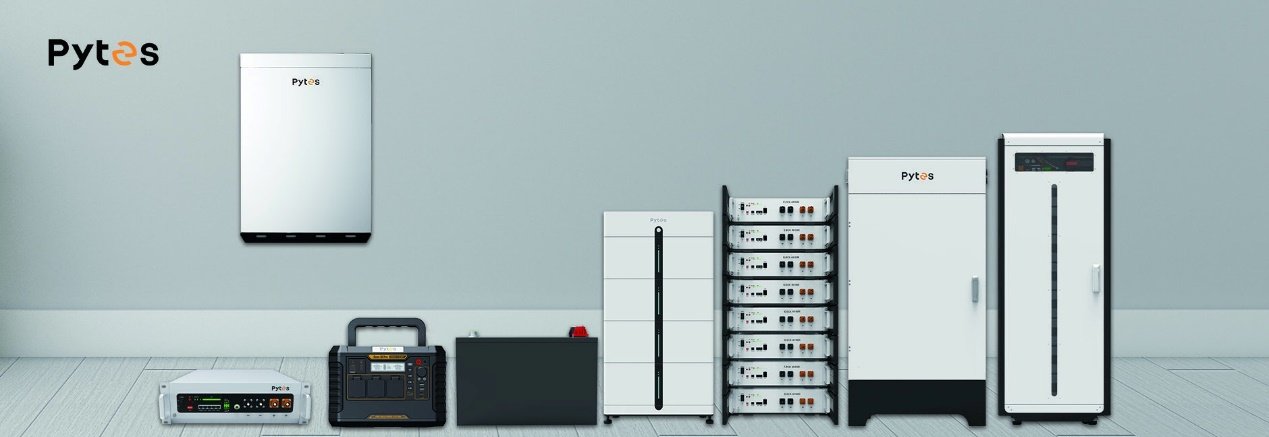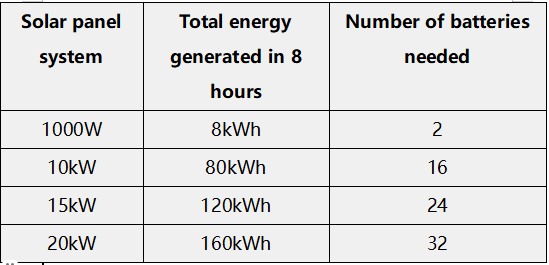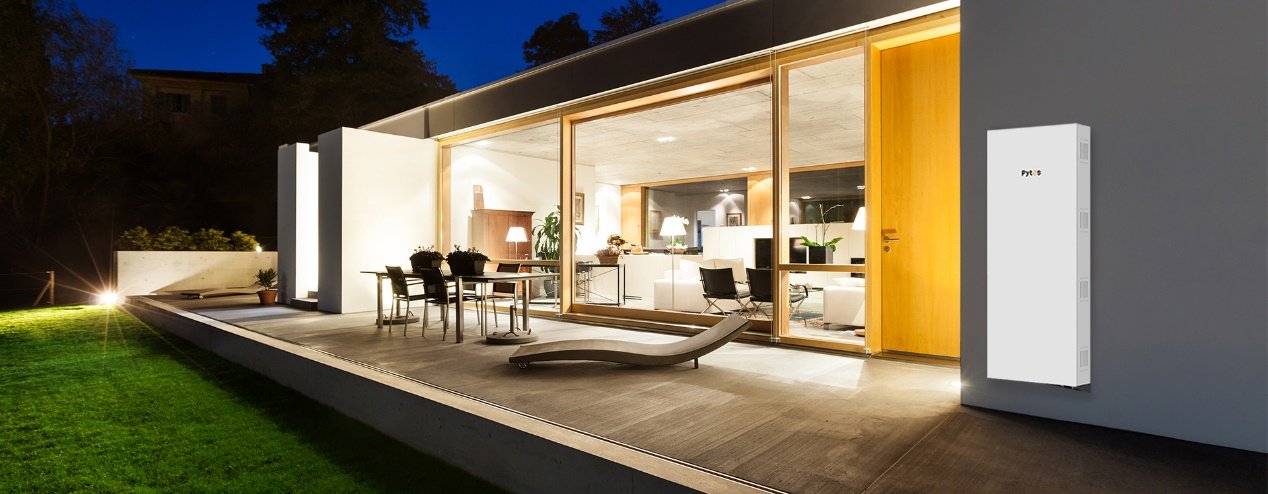Determining the appropriate number of batteries for your solar system is crucial for effective energy storage. Solar panels produce electricity during daylight hours, and batteries are necessary to store it for use at night or on cloudy days. This ensures efficient system operation, promotes sustainability, and is cost-effective, meeting all of your energy needs.
However, the question of "how many solar batteries do I need for the solar system?" does not have a simple answer. This article explores the factors that influence the required number of batteries and provides guidance on how to calculate the appropriate quantity based on your specific needs.
The number of batteries needed for a solar system is influenced by several factors, including the solar panels' capacity, daily energy consumption, desired days of autonomy, and the type and capacity of the batteries.
The type and capacity of the batteries play a significant role in determining the size of a solar battery system. Different battery chemistries, such as lead-acid, lithium-ion, or flow batteries, have distinct characteristics that impact their performance, lifespan, and cost. Additionally, a battery's capacity, measured in ampere-hours (Ah) or kilowatt-hour (kWh), dictates its energy storage and discharge capabilities.

In this article, we will use Pytes V5° as a quantitative measure to calculate the number of batteries required. Then the amount of power stored in a Pytes V5°(Energy stored in a single battery = Voltage x Capacity= 51.2V x 100Ah = 5.12kWh) as available for load operation.
Comprehensive knowledge of solar battery varieties and capabilities is a fundamental step in creating an ideal solar energy system that aligns with the user's energy requirements and financial constraints.
The dimensions of your solar panel arrays have a direct impact on the electricity produced, which in turn influences the quantity of batteries necessary to store that energy. Bigger solar panel arrays generate more electricity, thus requiring a greater number of batteries to store the surplus energy generated.

To determine the required number of batteries to store the power produced by a 2kW solar panel, we first need to calculate the daily energy output of the 2kW solar panel. Assuming that the solar panel generates electricity for 8 hours per day (a typical duration on a sunny day), the total daily energy output is:
· 2kW x 8 hours = 16 kWh
It is known that a Pytes V5° battery can store 5.12kwh of electricity, if all the electricity is stored directly in the battery, then the amount of electricity required is:
· Number of batteries = (16 kWh) / (5.12 kWh) = 3.125 batteries
Since you cannot have a fraction of a battery, you would need to round up to the nearest whole number. Therefore, you would need 4 batteries to store all the electricity generated by the 2kw solar panel per day.
Similarly, we can determine the quantity V5° batteries needed for various sizes of solar panel systems.

For the majority of home solar power systems, the electricity produced by the solar panels is not only stored in the batteries, but also utilized to power the electrical load and any excess is then stored in the batteries. This strategy is prudent as it minimizes the requirement for numerous batteries and lessens the impact on battery longevity, mitigating the effects of self-discharge, where the battery consumes power even when not connected to a load. In this scenario, there are two additional considerations that must be factored in when determining the required number of batteries.
Daily power usage of connected appliances:
The energy consumption of the appliances determines the scale of the solar panel system needed to meet energy requirements. This, in turn, impacts the quantity and capacity of batteries needed to store energy for use during periods when solar panels are not actively generating energy.
To deduce the necessary number of batteries, you must calculate the total daily energy consumption of your household or system through the following steps:
• Ascertain the power rating of the appliance, typically denoted in watts (W) or kilowatts (kW) and found on the device's label or documentation.
• Calculate the daily energy consumption by multiplying the power rating (in kW) by the number of hours the appliance runs per day. For instance, a 1 kW appliance running for 8 hours daily consumes 8 kWh (kilowatt-hours) per day.
The number of batteries is determined by summing the power usage of all loads, then dividing the difference between the total daily power generation of the solar system and the total daily power consumption of the loads by the battery capacity.
For instance, a 10kW solar panel system operating for 8 hours per day yields a total power production of 80kWh. Assuming a load consumption of 20kWh per day, the required number of Pytes V5° batteries can be calculated using the following formula:
• Amount of power to be stored in battery = 80kWh (power production) - 20kWh (load consumption) = 60kWh
With the knowledge that a Pytes V5° can store 5.12kWh of energy, the calculation is:
• Number of batteries required = Amount of power to be stored in battery / Energy stored in one battery = 60kWh / 5.12kWh per battery = 11.72 batteries
As fractional batteries are not possible, the number is rounded up, resulting in a total of 12 batteries required for a 10kW solar system.

Additionally, if you anticipate using battery power for multiple consecutive days, a larger battery system will be needed to ensure a sufficient energy supply. In this scenario, calculation via the formula below is recommended:
• Number of batteries = Daily power consumption x Days of autonomy / (Battery capacity x DoD)
For example, with a daily power consumption of 5kWh and a requirement for a system to operate for 3 days without recharging, using Pytes V5° with a 50% depth of discharge (DoD) would result in the need for:
• Number of batteries = (5kWh x 3) / (5.12kWh *0.5)= 5.86 which means 6 batteries would be needed for the solar panel system.
In Conclusion
The number of batteries required can vary significantly based on the specific purpose of the solar energy storage system.
For Increased Reliability
If the aim is to use solar power storage as a backup during power outages, the main factors to consider for determining the number of batteries needed are battery capacity and load power consumption. Additionally, for areas with less sunlight, more rainy weather, or frequent power outages, the number of days the batteries can supply power becomes an important consideration.
For Cost Savings
If the goal is to reduce reliance on utility power and lower electricity costs, one must consider the battery capacity, solar panel size, and load power consumption.
It's important to note that the size of the battery will also be influenced by other factors such as the location of the solar panel system, panel efficiency, and anticipated weather conditions. Hence, it is advisable to seek guidance from a professional solar installer or engineer to determine the most suitable size for the solar panel system and battery bank based on your specific energy requirements and geographical location.







